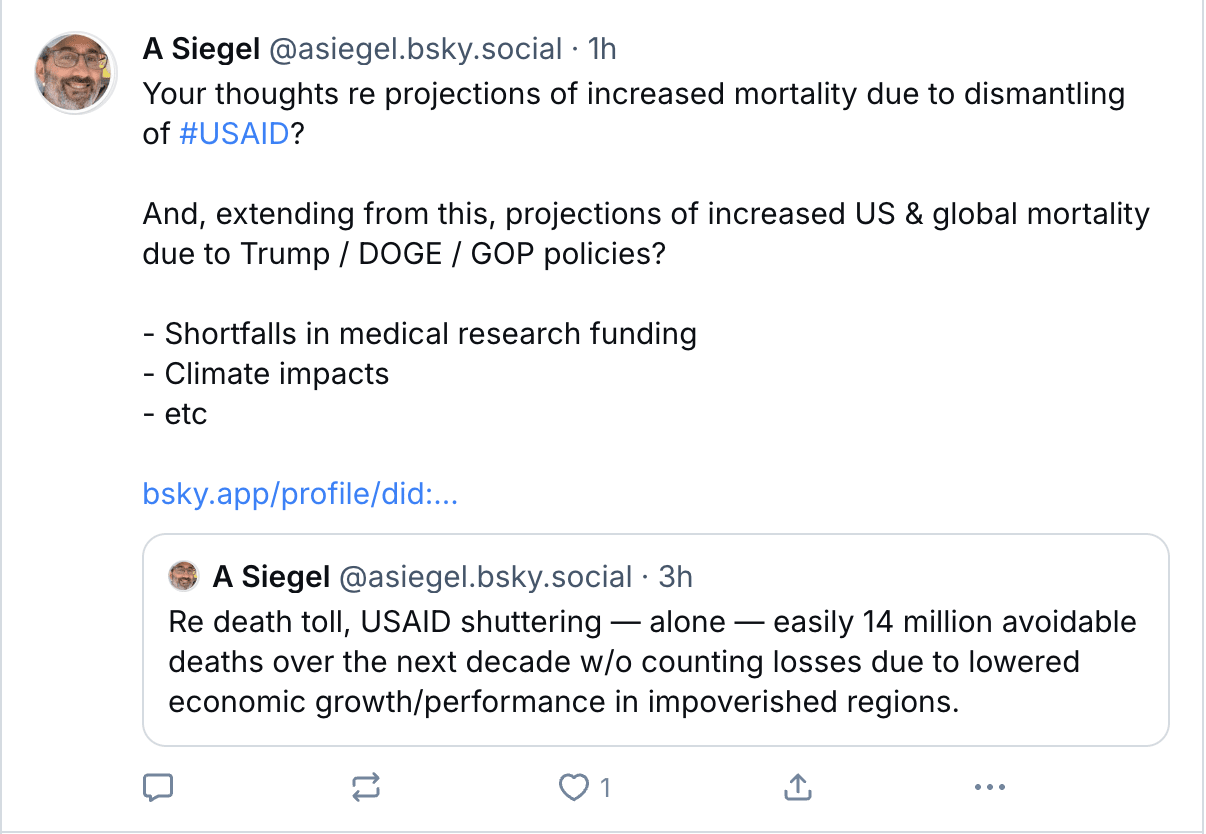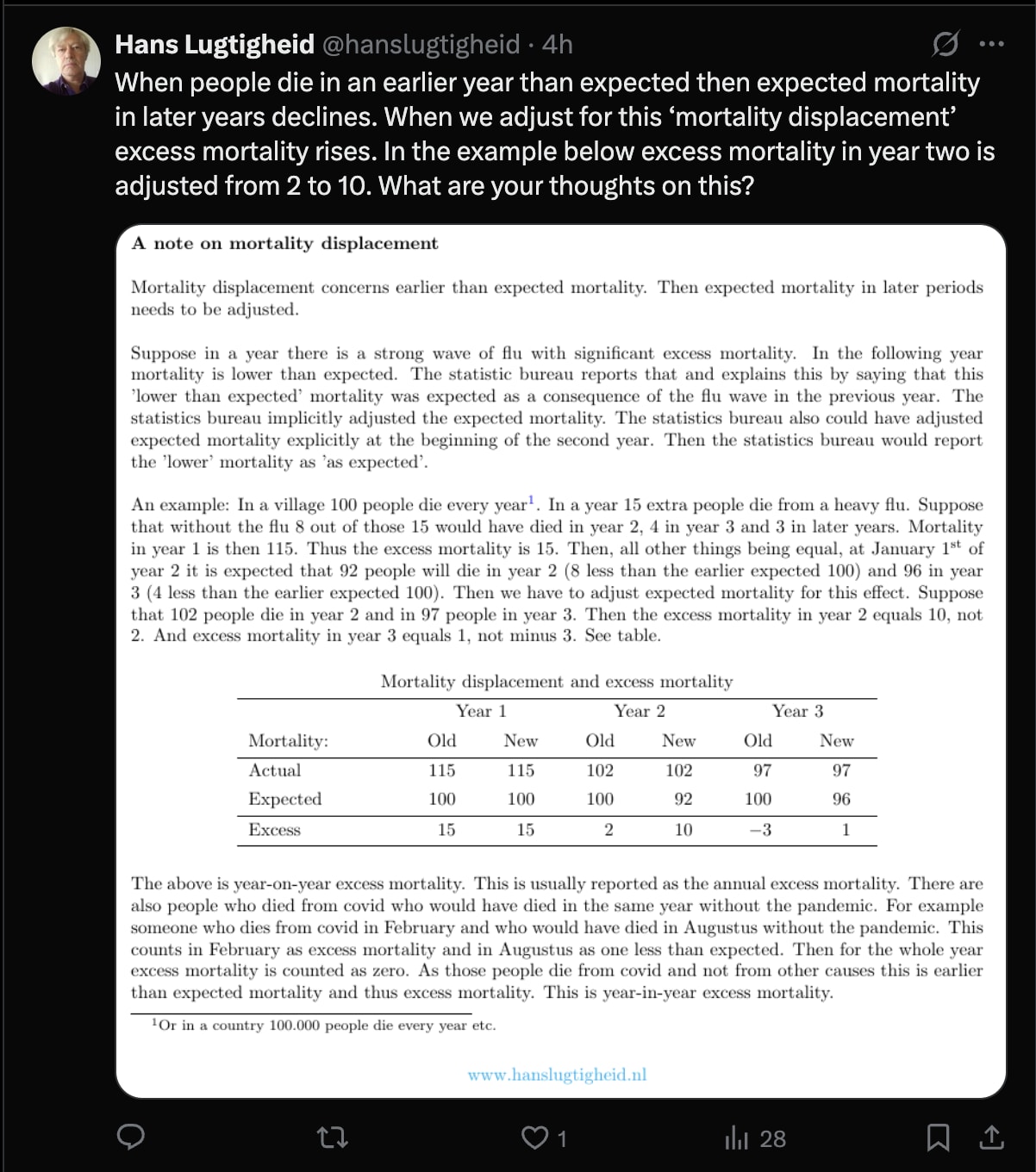Saloni will answer the questions in this AMA between 6-8pm BST on July 8th. Leave your questions as comments, and upvote other questions you’d like to see answered.
If you’ve been around EA for a while, and you’re interested in global health, you’ve probably read Saloni Dattani before.
Saloni writes about global health at Our World In Data and is a co-founder and editor of Works in Progress magazine. She’s also recently started a podcast, Hard Drugs, with Jacob Trefethen. She also (somehow) finds time to write a great blog, Scientific Discovery.
She’s recently written on:
- The decline in cancer mortality, and how it’s not all down to decline in smoking.
- How we calculate fertility rates, and why just calculating the total fertility rate leads us astray.
And she delivered a talk at EA Global London on the data that shapes global health.
Question ideas:
For some question ideas (though you can ask her anything), I asked o3 what Tyler Cowen would ask Saloni Dattani. Here are the best questions it spat out:
- Why do reported total fertility rates mislead policymakers, and how would you fix the metric?
- Where are the biggest blind spots in maternal-mortality data, and how should we fill them?
- What single root cause explains the long delay in rolling out a malaria vaccine?
- Which global-health dataset is most underrated, and why?
- Which country gets suicide statistics most wrong, and what are the consequences?
- Editing Works in Progress, what one lesson has most improved the ideas you publish?
- What browser tabs are open on your laptop right now?
- How has bird-watching shaped the way you do science, if at all?
- As head of the WHO for a day, what is the first concrete action you would take?









Do you think it's an issue that scientists' research preferences are determined relatively arbitrarily (and so most likely suboptimally) right now? For example, many promising STEM undergrads specialize into physics/math even though the impact of research in these fields is arguably much lower/more tangential than (specific fields of) bio/pharma research, which could use the talent. Idea from my friend @Noah Birnbaum